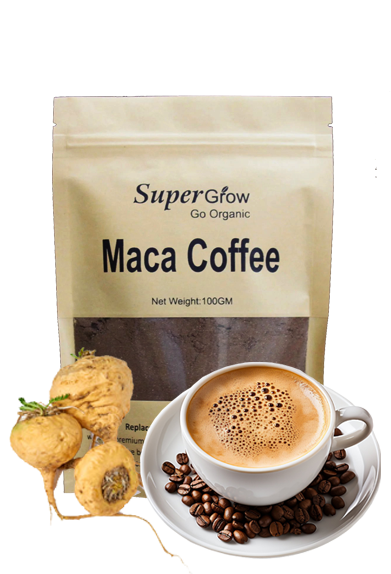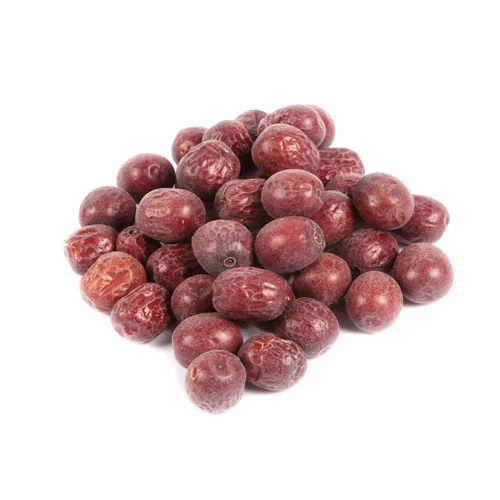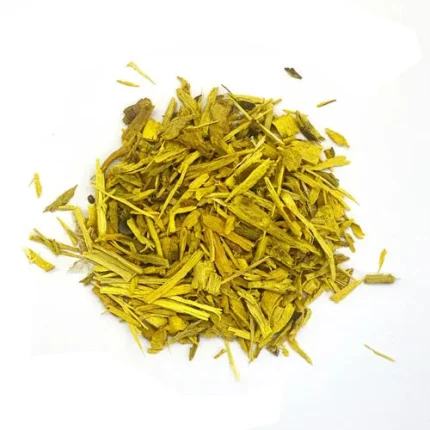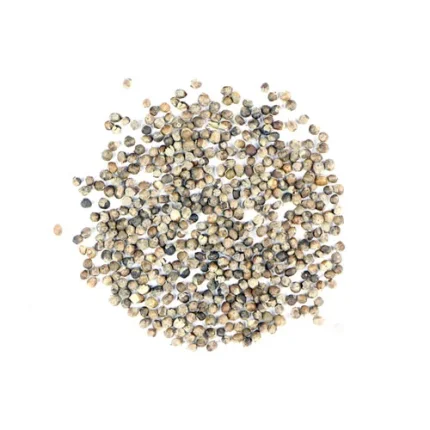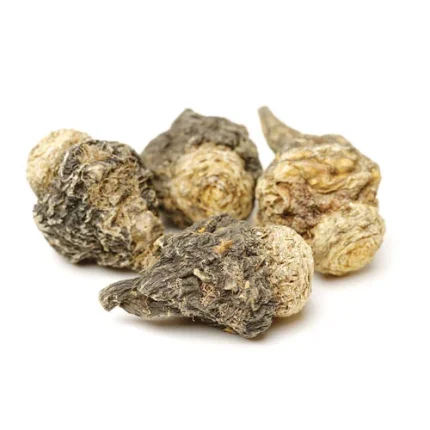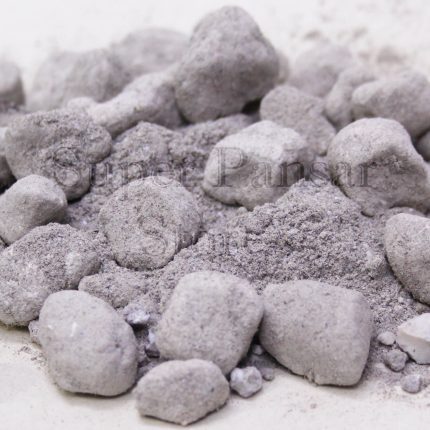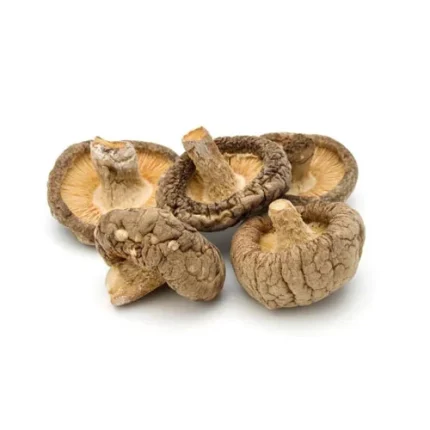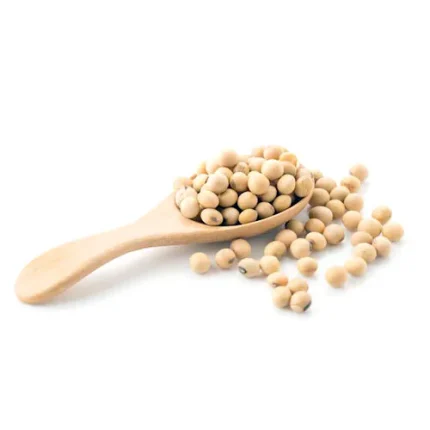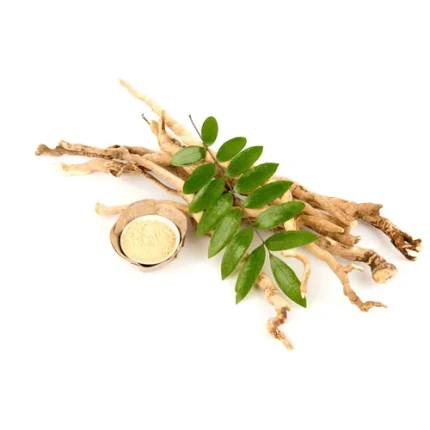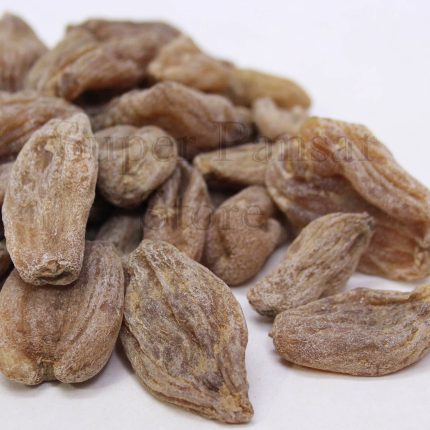
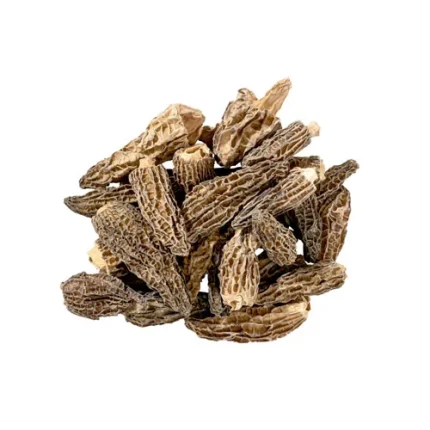
jujube(Ziziphus/Unab) بیر
₨300 – ₨850
Overview
Jujube, scientifically known as Ziziphus jujuba, is a small, deciduous fruit-bearing tree belonging to the Rhamnaceae family. The fruit is commonly known as jujube, red date, or Chinese date. The jujube fruit ranges in shape from round to pear-shaped. It may be as small as a cherry or as big as a plum. It has a thin, edible skin and whitish flesh. When ripe, the fruit turns dark red. After turning fully red, the fruit begins to wrinkle and soften, but it is still edible.
Benefits
here’s a more concise model of the blessings of Jujube:
rich in vitamins:
Jujube is a superb source of diet C, potassium, fiber, and antioxidants, which assist immune function and average health.
Antioxidant properties:
contains flavonoids, polyphenols, and carotenoids, which assist neutralize unfastened radicals and reduce oxidative pressure.
Digestive health:
excessive in fiber, assisting digestion, preventing constipation, and selling a healthful gut.
Liver fitness:
can also assist shield the liver from harm and guide liver feature.
Calming and Sleep useful resource:
traditionally used to promote relaxation and improve sleep excellent.
Anxiolytic effects:
Animal studies endorse it is able to lessen anxiety, even though extra research is needed in human beings.
Blood Sugar law:
preliminary studies indicates it could assist regulate blood sugar stages, reaping rewards those with or susceptible to diabetes.
Immune help:
vitamin C and antioxidants assist enhance immune function.
Cardiovascular Health:
Potassium content helps regulate blood pressure, while antioxidants support heart health.
| Weight | , , , , |
|---|


 Shop layouts
Shop layouts
 Food Supplements
Food Supplements
